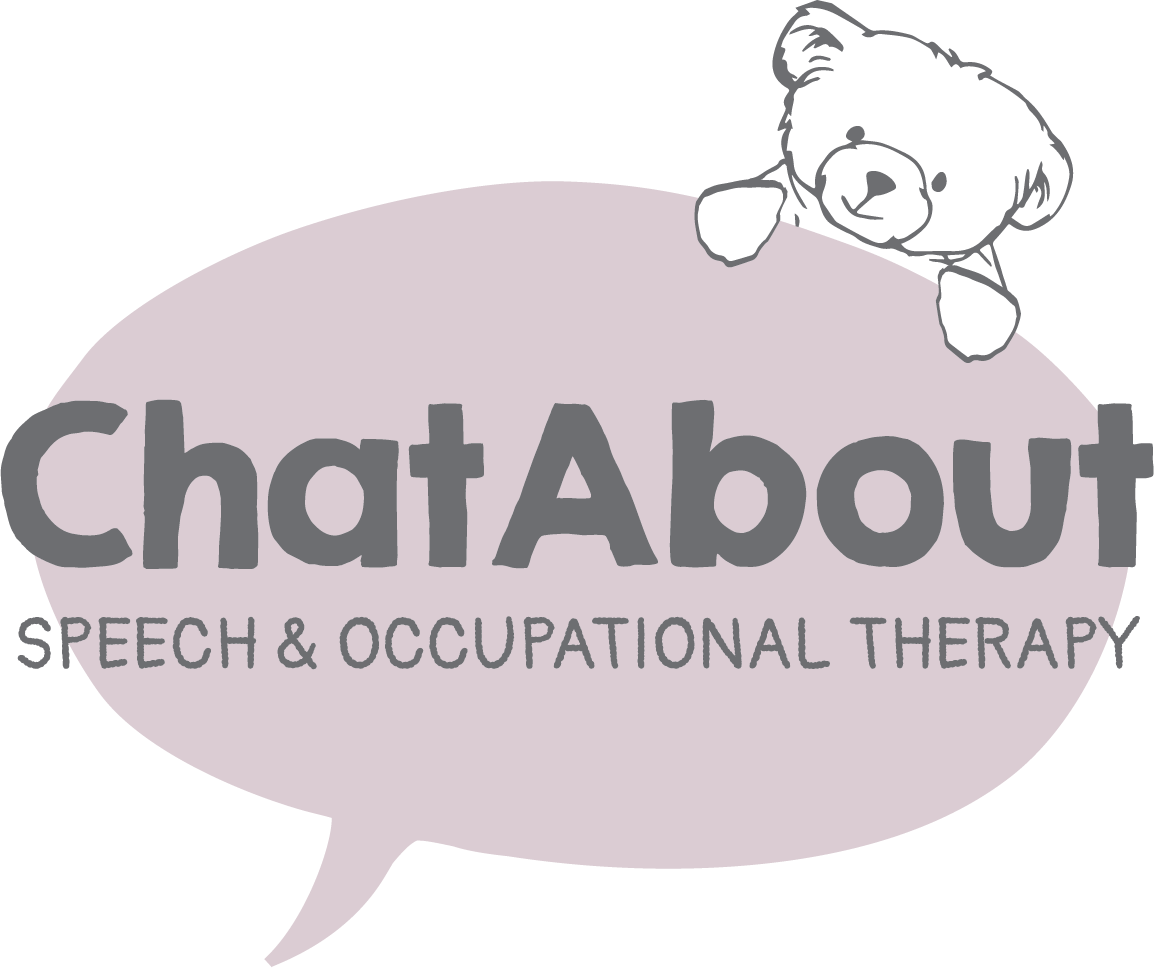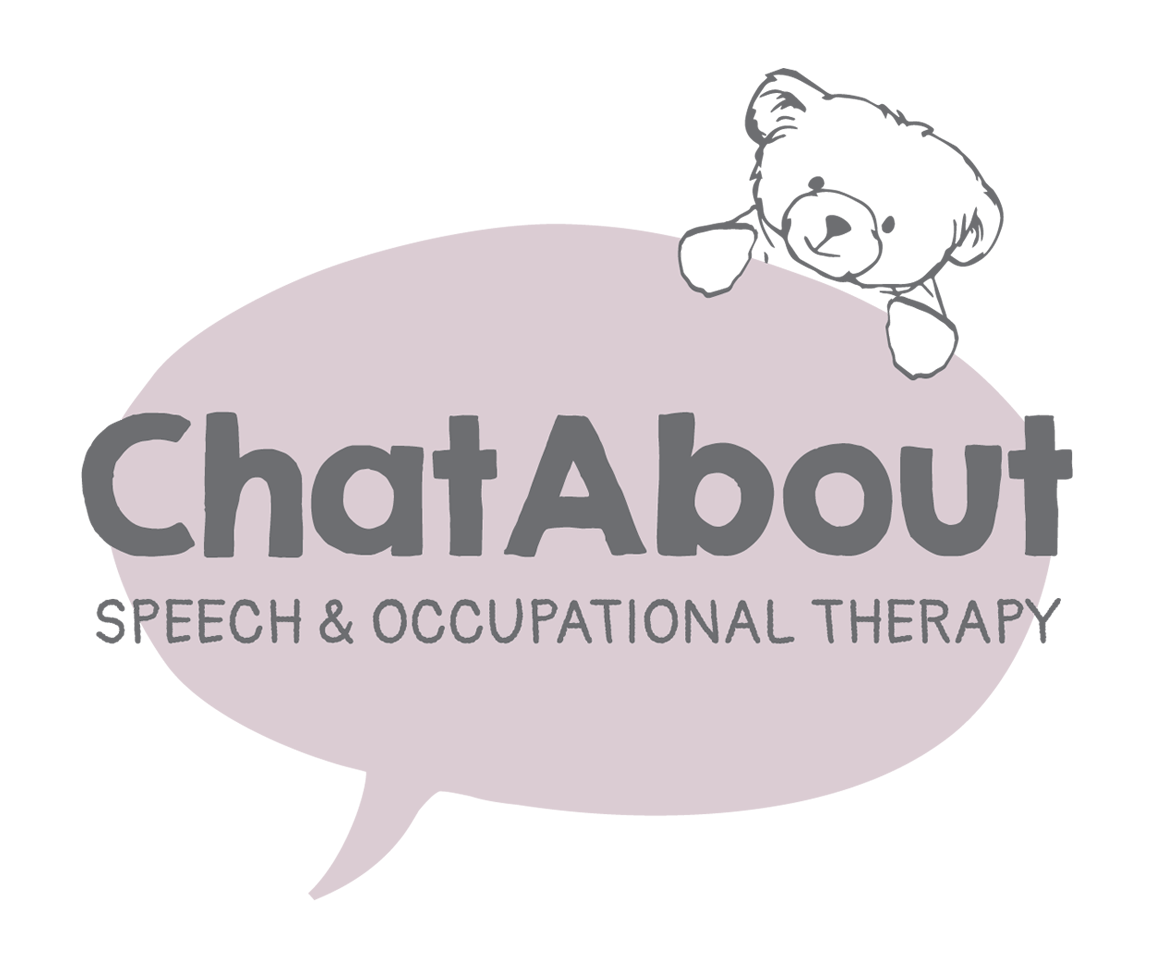What we help with
The areas of communication that ChatAbout can help develop:
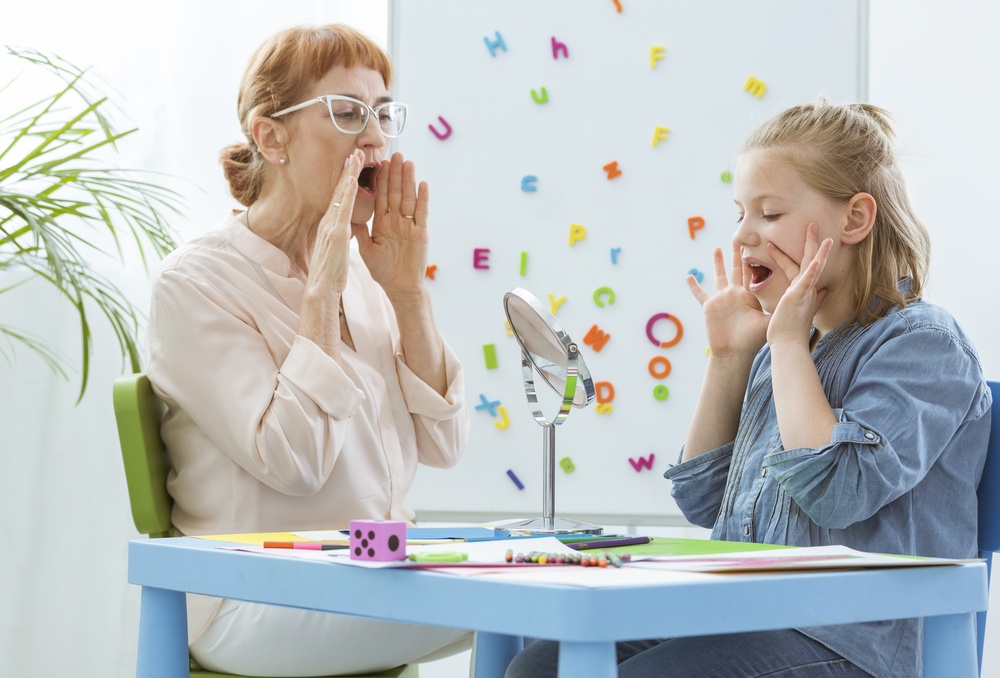
Speech
Speech refers to the pronunciation of sounds. While children develop individually, there is a pattern to a child’s sound development. Children’s speech becomes clearer gradually, as they hear and learn new sounds. Ear infections are common in children and can interfere with sound development, so it is important to have your child’s hearing assessed. When a child is having difficulty producing sounds that are expected for their age their speech may be difficult to understand. Below is a guide to better understand if your child would need speech therapy.
From 0-3 years, children should be able to say:
- lip sounds – p, b, m, w
- tongue tip sounds – t, d, n
- back of the mouth sounds – k, g
- other sounds – h, y
Sucking, learning to bite and chew, as well as putting objects in their mouths are all important behaviours that assist sound development, as they help children become aware of their mouth parts and to control and to change mouth positions.
By 4 ½ years, children should be able to say:
- tongue tip sounds – s, z
- middle of the mouth sounds – sh, ch
- other sounds – l, j, f
Most children can be understood most of the time by this age. Their speech may become less clear if they are tired, unwell or excited. Songs, rhymes, play, books, talking and listening to other children all help them to sort out word and sound patterns.
By 8 ½ years, children should be able to say:
- all of the sounds clearly
- the last sounds to develop are – v, th, r
Some children take extra time to blend sounds together, for example, tree, plane and desk.
Learning to use sounds:
Children may make mistakes when they begin to talk that are considered to be a developmentally appropriate error for their age. They may:
- say an easier sound for a difficult one, such as “tar” for “car”, “wing” for “ring”
- leave out sounds, such as “boa” for “boat“
- leave out parts of words, such as “te’phone” for “telephone”
- mix up the order of sounds, such as “psghetti” for “spaghetti”
- say one sound instead of two or more, such as “pane” for “plane”, “bider” for “spider”
If children continue to make these errors after what is appropriate for their age, they may have a delay in their sound development.
For more information, please refer to Speech Pathology Australia.
Stuttering
At ChatAbout we provide speech therapy programs for children who have a stutter.
Stuttering is a speech condition that affects the motor control and coordination of speech movements. The exact cause of stuttering is not yet known, however we do know that it tends to run in families. It is not caused by emotional or psychological trauma, but stutterers tend to stutter more when they are tired, upset, excited or nervous.
The features of stuttering can vary from person to person. It can happen gradually over time or suddenly, and it has a tendency to appear in cycles.
For more information, please refer to Speech Pathology Australia.
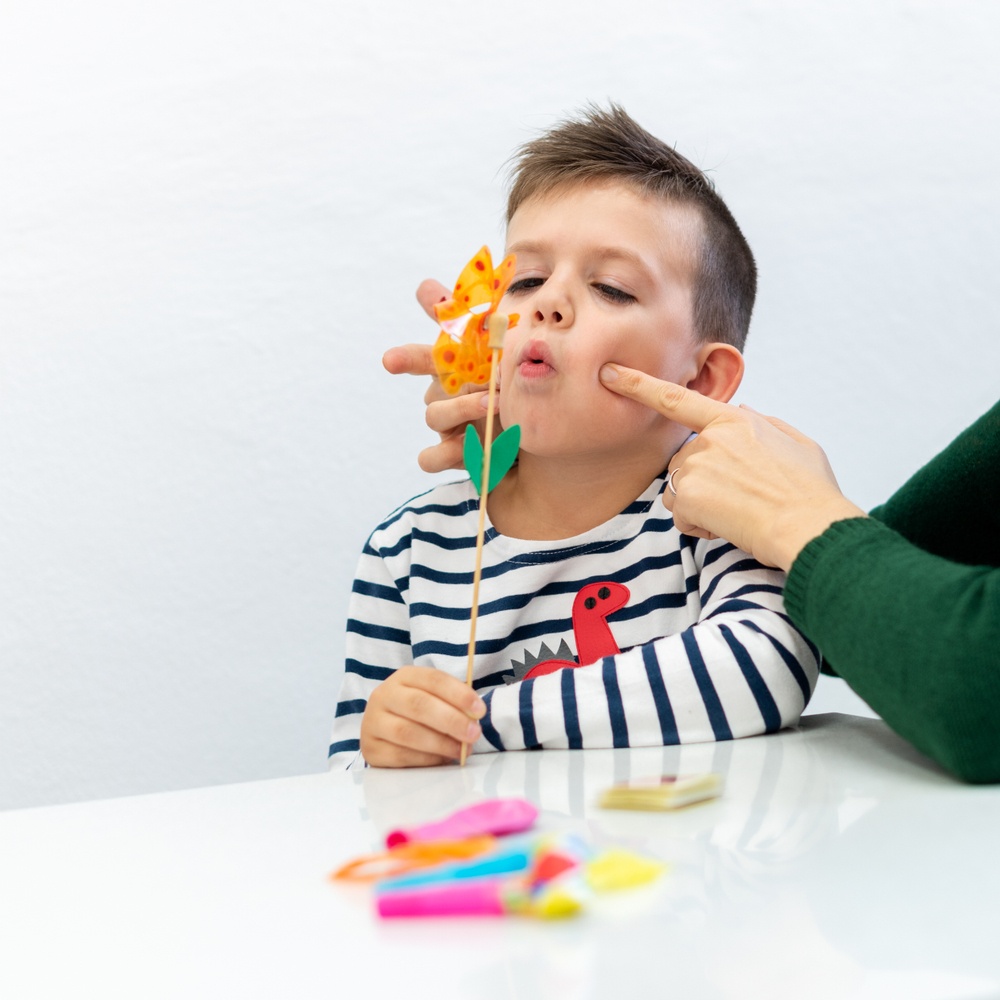
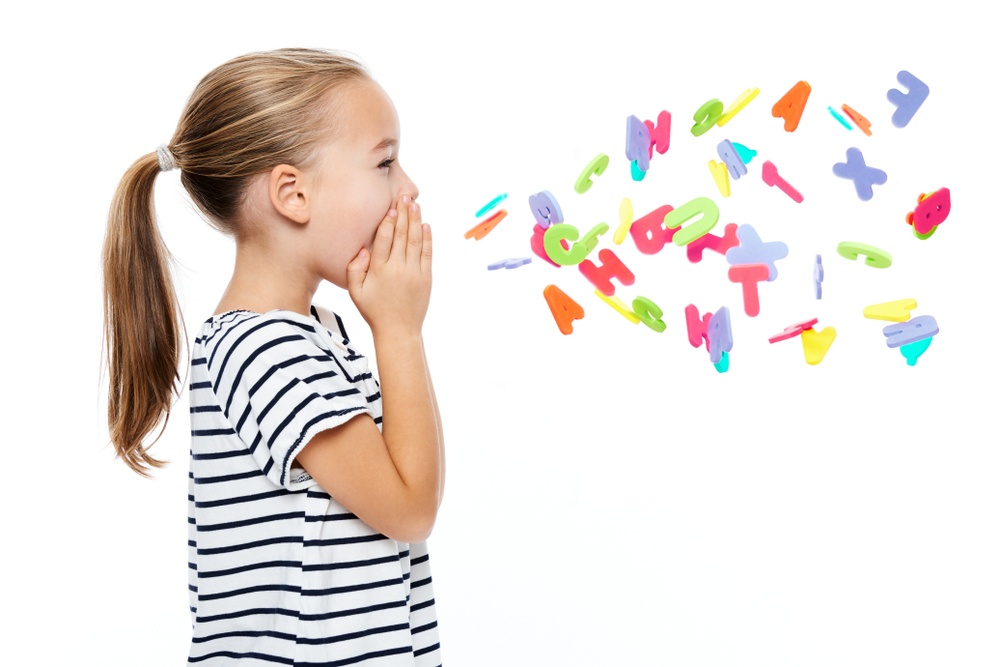
Language
Language refers to a child’s talking and listening skills. Many parents wonder if their child’s language skills are developing normally. While individual children develop their language skills at different rates, there is a general pattern to children’s language development. Below is a guide of what to expect in the first 5 years.
By the age of 1, your toddler should be able to:
- respond to familiar sounds, such as the telephone ringing, the vacuum cleaner, or the car in the driveway
- understand simple commands, such as “no”
- recognise their own name
- understand the names of familiar objects or people
- say “dad”, “mumma” and a few other words
- enjoy songs, music and books
- try to make familiar sounds, such as car and animal noises
By the age of 2, your toddler should be able to:
- say the names of simple body parts, such as nose or tummy
- listen to stories and say the names of pictures
- understand simple sentences, such as “where’s your shoe?”
- use more than fifty words such as “no”, “gone”, “mine”, “teddy”
- talk to themselves or their toys during play
- sing simple songs, such as “Twinkle, twinkle, little star”, or “Baa baa black sheep”
- use some pronouns instead of names, such as “he”, “it”
- try simple sentences, such as “milk all gone”
By the age of 3, your child should be able to:
- understand how objects are used – a crayon is something to draw with
- recognise their own needs, such as hunger
- follow directions
- use three to four word sentences
- begin to use basic grammar
- enjoy telling stories and asking questions
- have favourite books and television programs
- be understood by familiar adults
By the age of 4, your child should be able to:
- understand shape and colour names
- understand some “time” words, such as lunch time, today, winter
- ask who, what and why questions
- use lots of words, about 900, usually in four to five word sentences
- use correct grammar with occasional mistakes, such as “I falled down”
- use language when playing with other children
- speak clearly enough to be understood by most people
By the age of 5, your child should be able to:
- understand opposites, such as high and low, wet and dry, big and little
- use sentences of about six words with correct grammar
- talk about events which are happening, have happened or might happen
- explain why something happens, such as “Mum’s car stopped because the petrol ran out”
- explain the function of objects, for example, “This scrunchie keeps my hair away”
- follow three directions, for example, “Stand up, get you shoes on and wait by the door”
- say how they feel and tell you their ideas
- become interested in writing, numbers and reading things
- speak clearly enough to be understood by anyone
For more information, please refer to Speech Pathology Australia.
Literacy
Learning to read is a crucial part of a child’s development. Reading and writing are essential skills for adults. Being literate means that people can understand and follow written instructions, find out information online or in books, write letters and emails and send text messages. It also means that a child is able to participate fully in their education and learning.
How children learn to read and write and the best way to teach literacy is a hotly debated topic. Research has found that some of the essential skills that children need to be able to learn to read and write are;
- An understanding that the words we say are made up of sounds and to be able to hear those sounds e.g. cat has three sounds c-a-t. This is known as phonological awareness
- An understanding that letters represent sounds, and that these sounds are the sounds we use in English. Children need to be able to remember the sound of each letter quickly and easily. This is known as phonics
- Knowledge that written words can be understood, and that writing them in a particular order can make different meanings
At school, children with reading difficulties may also have problems with academic performance, peer relationships and self-esteem. However research has shown that getting help for literacy problems early can prevent these problems becoming more severe. Some children may show signs of potential difficulties before they reach school. These signs may include;
- Being very late to start talking
- Using pronunciation patterns that are not typical ‘baby talk’ and that make the child difficult to understand
- Having difficulty learning and remembering new words
- Not being able to provide simple information clearly
- Needing very simple instructions
- Showing poor awareness of sounds in speech
- Not learning to recognise alphabet letters
- Not showing an interest in listening to stories
- Any of these difficulties with a family history of literacy learning difficulties
When your child is at school some of the signs may include;
- Not developing confidence with letters and sounds, not ‘having a go’ at spelling
- Mispronouncing several longer words (e.g. ‘congratulations’, ‘computer’)
- Persisting with immature grammar (e.g. “Her broked her glasses”)
- Not developing the ability to tell stories and give explanations
As your child moves through the school you may notice that your child is;
- Not reading grade-level texts fluently and accurately
- Not using a strong range of spelling strategies
- Not able to make inferences as they read, getting the main idea and reading ‘between the lines’
If your child is showing any of these potential problems, it would be useful to get some help from a Speech therapist. Speech Therapists are a useful part of any literacy team and can help in the following ways;
- Assess speech and language skills to determine if there are any difficulties and provide intervention and strategies to support oral language development
- Support oral language development in areas that are relevant to literacy, in preschools and schools
- Work with preschools, schools and families, providing strategies in order to support children’s oral language development
- Use their specialist knowledge of the sound system of English to help children who are having difficulty with letter-sound relationships
- Help children to use strategies for understanding what they read
For more information, please refer to Speech Pathology Australia.
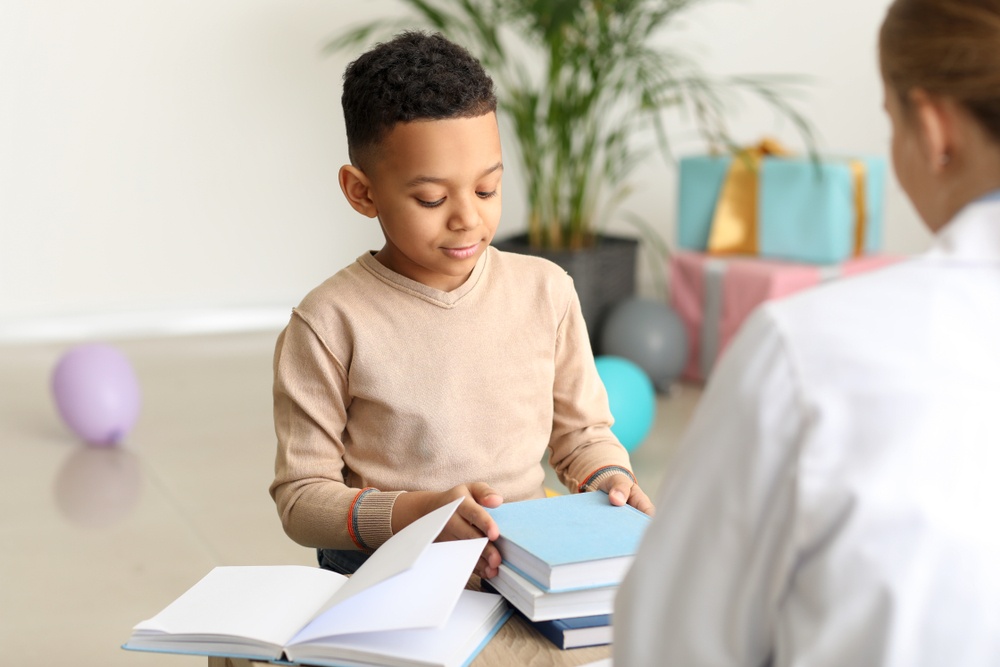
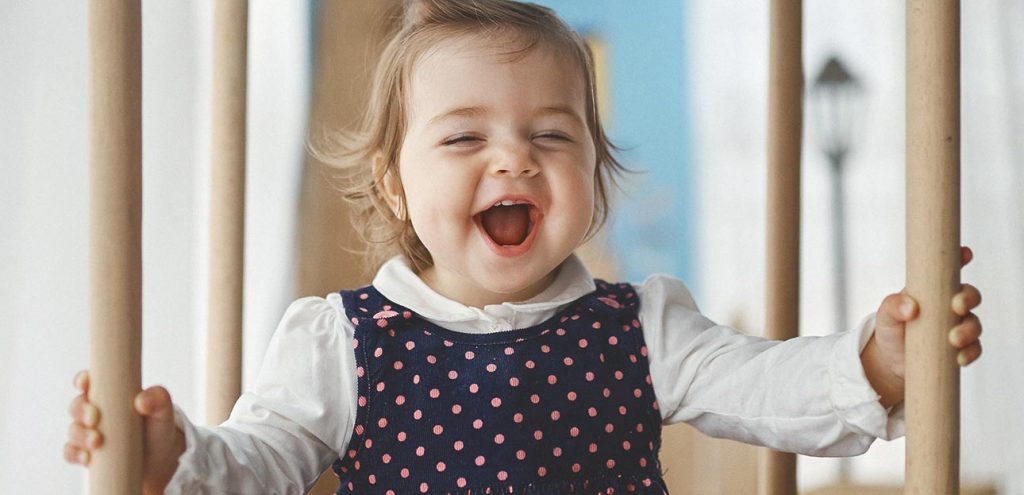
Helping your baby speak
Every baby learns to talk by listening to people talk, by playing with sounds and words, and by talking to others. Your baby begins to learn language skills from the moment they are born. The first language skill to develop is known as receptive – understanding what is heard. The other is expressive – speaking skills, which develops later. Sometimes, your baby might experience some speech delays and we can assist with their development. For more information on how you can help your baby's speech development please refer to http://www.speechpathologyaustralia.org.au.
